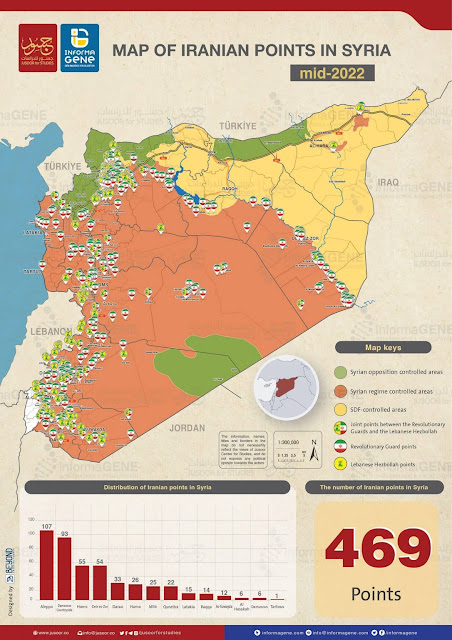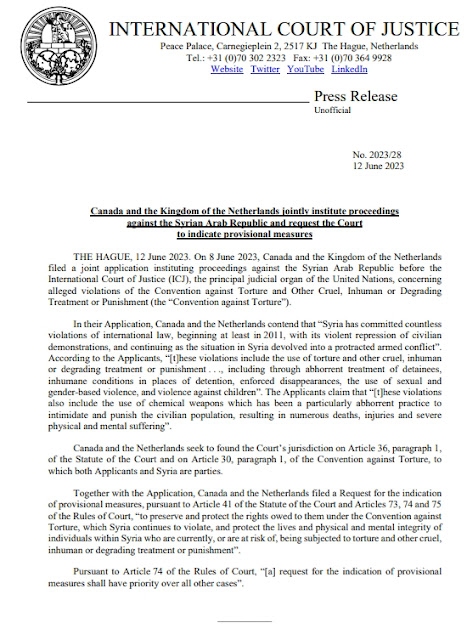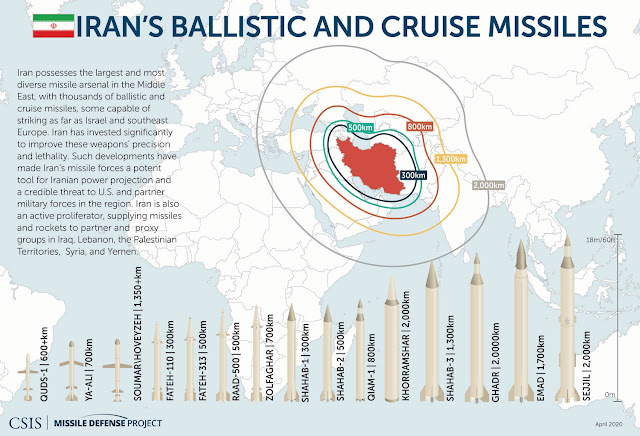Mubarak Wins Easily, but Vote Fails to Engage Egypt
By Daniel Williams
Washington Post Foreign Service
Saturday, September 10, 2005
CAIRO, Sept. 9 -- In the end, Egypt's first multiple-choice presidential vote produced a result that resembled the one-candidate elections of the past. President Hosni Mubarak, the cautious former air force pilot who has ruled for 24 years, won another six-year term with about 88.6 percent of the vote, according to official figures released Friday night.
The raucous three-week campaign leading up to Wednesday's election also made little dent in the traditional apathy of the Egyptian public. A 23 percent turnout fell far below government predictions made on election day -- all the more striking given the major effort made by Mubarak's National Democratic Party to get out the vote.
Second place went to Ayman Nour, the maverick free-market-oriented lawyer whose Tomorrow Party was legalized only a year ago. He won 540,405 votes, or about 7.3 percent. The showing, however weak, makes him the only current alternative to Mubarak on the opposition scene. The third-place finisher, Noman Gomaa, 71, the leader of the venerable Wafd Party, captured 208,891 votes -- 2.8 percent -- and even his followers called his performance a major failure. Seven other candidates, along with a small number of ruined ballots, accounted for about 2 percent of the total.
Mubarak's backers insist he will be able to claim a mandate because of his willingness to base his rule on the will of voters. But his total of 6.5 million ballots represents only about 20 percent of Egypt's eligible electorate, leaving a vast silent majority of nonvoters. "After 50 years without democracy, a three-week campaign is not enough to persuade Egyptians to come out and vote, much less come out and vote for a change from a known face," said Maye Kassem, a political science professor at the American University in Cairo.
The result ends a tumultuous phase in Egypt's politics, one characterized by maneuvering and unprecedented outspokenness. For a year, in the face of repeated crackdowns, opposition activists organized demonstrations to demand Mubarak's ouster. Judges futilely resisted the government's determination to handpick observers at the polling stations. Workers began to strike for better pay and safety on the job. Human rights groups pressed loudly for release of political prisoners. The Muslim Brotherhood, the Islamic-based grass-roots organization that is banned from politics, joined in calling for democratization.
The Bush administration saw Egypt as ripe for reform as part of President Bush's campaign to democratize the Middle East. Though Mubarak has resisted Washington's calls to shelve emergency laws on the books for a quarter of a century, U.S. officials in Washington have endorsed his go-slow approach to altering Egypt's political system.
Despite complaining of fraud in the election, leading independent human rights groups gave the president the benefit of the doubt. "There was never doubt that Mubarak would win, and abuses we saw would not have changed the outcome much," said Gasser Abdel Razek, director of the Egyptian Organization for Human Rights. Ghada Shahbender, who heads a monitoring group called We Are Watching, said the vote was "by and large credible."
Officials with Nour's campaign said the results were rigged to sink a future presidential run by their candidate. "This is a black comedy," said Nour's wife and adviser, Gamila Ismael. "Of course, they want to dwarf Ayman with an eye on the next presidential vote -- whether in six years or next year, if Mubarak dies or resigns. That's their game."
The Wafd Party vice president, Munir Abdel-Nour, said the turnout underscored the "lack of conviction of Egyptian voters about the process." He attributed Wafd's poor showing to "years of stagnation."
Friday night, Mamdouh Marei, the government's handpicked head of the constitutional court who also directed the Presidential Election Commission, announced the election results in a hotel room draped with the red, white and black colors of the Egyptian flag. Speaking in classical Arabic, he intoned: "The people of this country have chosen by their will, through a direct election, a president." Applause burst out from ruling party supporters in the hall when he read Mubarak's vote. There was no applause for the turnout.
Marei, who barred monitors from the polls and insisted the vote count be held behind closed doors, attributed any electoral abuses to "enthusiasm."
By Daniel Williams
Washington Post Foreign Service
Saturday, September 10, 2005
CAIRO, Sept. 9 -- In the end, Egypt's first multiple-choice presidential vote produced a result that resembled the one-candidate elections of the past. President Hosni Mubarak, the cautious former air force pilot who has ruled for 24 years, won another six-year term with about 88.6 percent of the vote, according to official figures released Friday night.
The raucous three-week campaign leading up to Wednesday's election also made little dent in the traditional apathy of the Egyptian public. A 23 percent turnout fell far below government predictions made on election day -- all the more striking given the major effort made by Mubarak's National Democratic Party to get out the vote.
Second place went to Ayman Nour, the maverick free-market-oriented lawyer whose Tomorrow Party was legalized only a year ago. He won 540,405 votes, or about 7.3 percent. The showing, however weak, makes him the only current alternative to Mubarak on the opposition scene. The third-place finisher, Noman Gomaa, 71, the leader of the venerable Wafd Party, captured 208,891 votes -- 2.8 percent -- and even his followers called his performance a major failure. Seven other candidates, along with a small number of ruined ballots, accounted for about 2 percent of the total.
Mubarak's backers insist he will be able to claim a mandate because of his willingness to base his rule on the will of voters. But his total of 6.5 million ballots represents only about 20 percent of Egypt's eligible electorate, leaving a vast silent majority of nonvoters. "After 50 years without democracy, a three-week campaign is not enough to persuade Egyptians to come out and vote, much less come out and vote for a change from a known face," said Maye Kassem, a political science professor at the American University in Cairo.
The result ends a tumultuous phase in Egypt's politics, one characterized by maneuvering and unprecedented outspokenness. For a year, in the face of repeated crackdowns, opposition activists organized demonstrations to demand Mubarak's ouster. Judges futilely resisted the government's determination to handpick observers at the polling stations. Workers began to strike for better pay and safety on the job. Human rights groups pressed loudly for release of political prisoners. The Muslim Brotherhood, the Islamic-based grass-roots organization that is banned from politics, joined in calling for democratization.
The Bush administration saw Egypt as ripe for reform as part of President Bush's campaign to democratize the Middle East. Though Mubarak has resisted Washington's calls to shelve emergency laws on the books for a quarter of a century, U.S. officials in Washington have endorsed his go-slow approach to altering Egypt's political system.
Despite complaining of fraud in the election, leading independent human rights groups gave the president the benefit of the doubt. "There was never doubt that Mubarak would win, and abuses we saw would not have changed the outcome much," said Gasser Abdel Razek, director of the Egyptian Organization for Human Rights. Ghada Shahbender, who heads a monitoring group called We Are Watching, said the vote was "by and large credible."
Officials with Nour's campaign said the results were rigged to sink a future presidential run by their candidate. "This is a black comedy," said Nour's wife and adviser, Gamila Ismael. "Of course, they want to dwarf Ayman with an eye on the next presidential vote -- whether in six years or next year, if Mubarak dies or resigns. That's their game."
The Wafd Party vice president, Munir Abdel-Nour, said the turnout underscored the "lack of conviction of Egyptian voters about the process." He attributed Wafd's poor showing to "years of stagnation."
Friday night, Mamdouh Marei, the government's handpicked head of the constitutional court who also directed the Presidential Election Commission, announced the election results in a hotel room draped with the red, white and black colors of the Egyptian flag. Speaking in classical Arabic, he intoned: "The people of this country have chosen by their will, through a direct election, a president." Applause burst out from ruling party supporters in the hall when he read Mubarak's vote. There was no applause for the turnout.
Marei, who barred monitors from the polls and insisted the vote count be held behind closed doors, attributed any electoral abuses to "enthusiasm."


